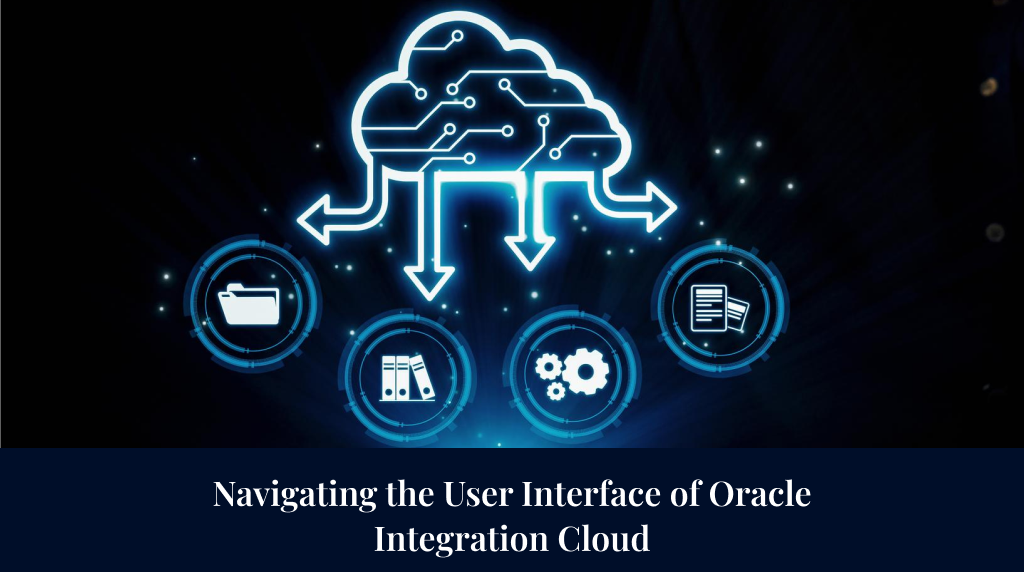Oracle Integration Cloud serves as an extremely powerful platform that helps organizations to seamlessly connect their applications and processes across different environments. The platform comes with various tools and technologies using which you can easily create workflows and streamline business processes. With OIC, you can also streamline your modern digital transformation efforts.
Main Components of the OIC Dashboard:
OIC comes with an user-friendly dashboard with real-time visibility into your processes and integrations. The user interface comes with various key performance indicators and metrics. This allows the users to monitor the health and performance of integrations at a glance.
Key tools and features for users:
Here are some of the main features that OIC offer to its users:
Activity Stream: The Activity Stream offers a chronological view of integration activities in your integration cloud service. It displays details of the executed integrations and processes. You can also find details of any errors or exceptions that might have been encountered during the process.
Error management: OIC also comes with error management capabilities. It allows the users to view and analyse errors during the execution of integrations. It also offers insights into the root cause of the errors. You can get to know more about OIC error management by opting for Oracle integration cloud service Certification.
Performance monitoring: The oracle integration cloud service offers performance monitoring features. This helps track integration execution time and throughput. The information can also be used to optimise integrations for better efficiency.
Reports and analytics: OIC comes with reporting and analytics features. This allows the users to generate custom reports and acquire deeper insights into various integration patterns and trends. You can also enjoy various advanced security features using oracle integration cloud security.
Creating and Monitoring Integrations:
Here are some of the basic steps that you need to follow in order to create and monitor integrations in OIC:
Create the adaptor connection: First, you need to create the adaptor connection. This will help you to create connections between the source and target systems.
Create the integration: The integrations can be created by clicking on the integration panel on the left. You can also use the orchestration option to create an integration of your choice.
Design the integration: The integration can be designed using Triggers. You can also customise your integrations based on your exact requirements.
Activate and run your integration: Next, it is time for you to activate and run your integration. This allows you to test the functionality of your integration.
Monitor the integration: You can also monitor your integration from the activity stream on the dashboard. You also have the option to track performance metrics and investigate errors and exceptions.
Customising and Configuring Settings
There are different ways in which you can customise and configure the settings in oracle fusion integration. Here are a few options:
Visual designer: You can use the drag and drop interface in order to create integration flows using different protocols and systems.
Custom mapping: The custom mapping option lets you transform data between different structures and formats.
Custom adaptors: You can easily design custom adaptors for specific systems and protocols using the advanced features of OIC.
Alerts and notifications: You have the option to configure different alerts and notifications to acquire deep insights of your system.
Real-time monitoring: OIC also allows you to monitor the health and performance of your integration on a real time basis.
Conclusion:
So, if you are willing to master the various components of the OIC interface, then it is high time that you opt for Oracle Fusion Integration Cloud (OIC) training from Cloudshine. Our expertise training will allow you to make the most of OIC training . You will also be able to create highly advanced workflows without any hassle. We also offer training on other modules of Oracle cloud including SCM, Finance, Oracle hcm cloud certification with hand-on training from the industry experts.







